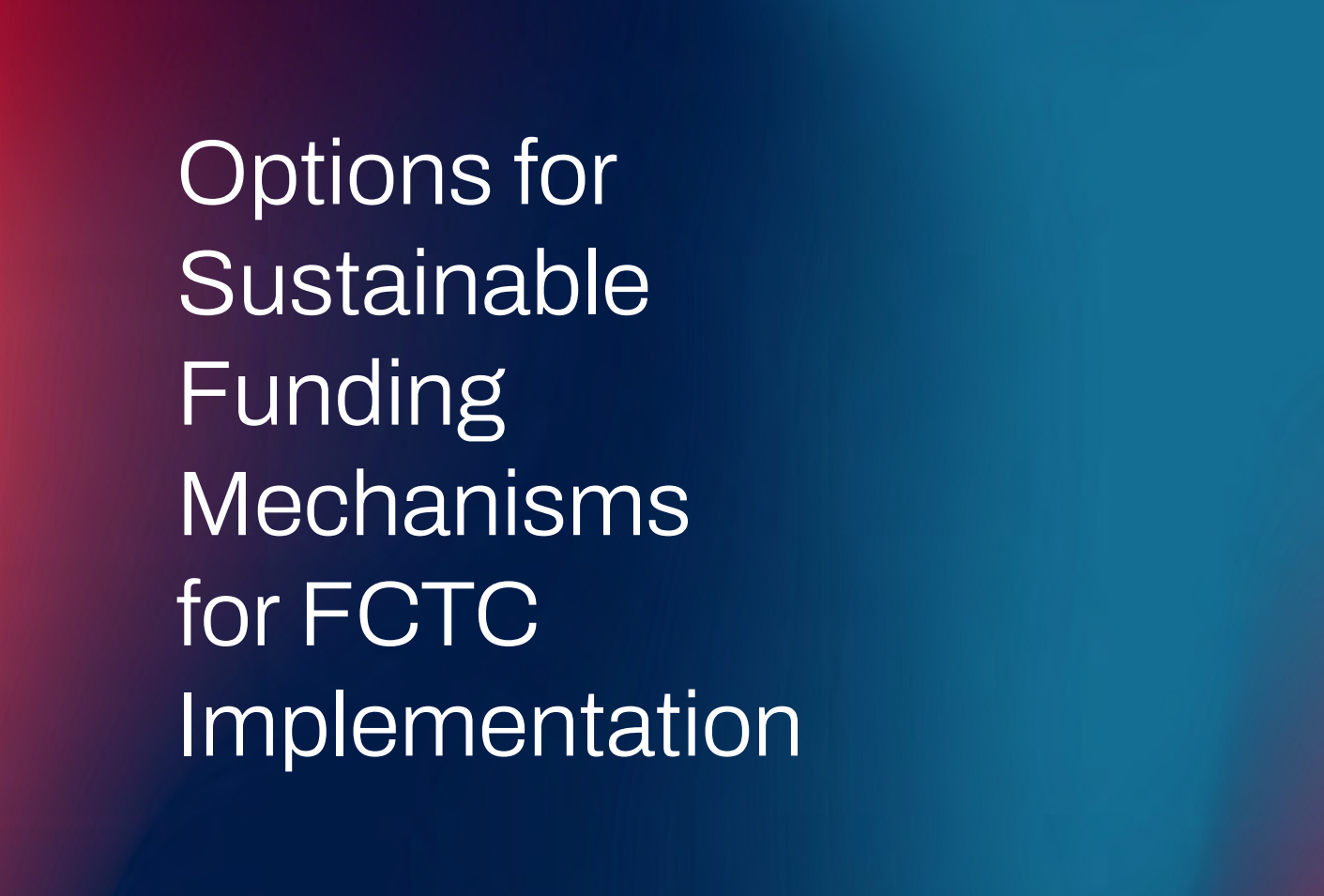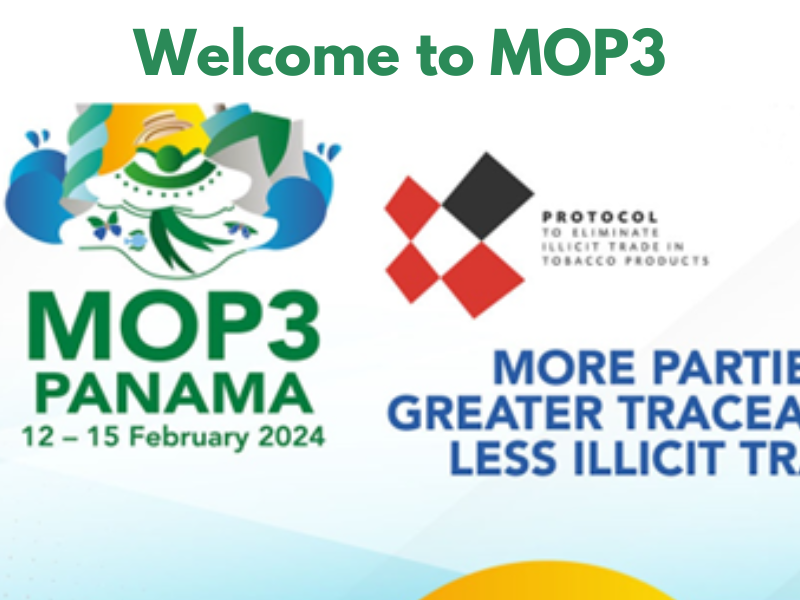Options for sustainable funding mechanisms for FCTC implementation report
The issue and why it’s important:
Tobacco remains one of the world’s leading causes of preventable death, claiming more than 8 million lives annually. The devastating consequences of tobacco use can be best addressed by fully implementing the World Health Organization (WHO) Framework Convention on Tobacco Control (FCTC).
Chronic inadequate funding continues to be a major stumbling block to fully implementing the WHO FCTC at the global and national level. Research suggests that the global tobacco control funding shortfall is approximately US$27.4 billion.
This report outlines several funding mechanisms that could help address the global funding gap. Five pooled funds were evaluated and examined to help guide the reports’ recommendations.
Summary of the reports concluding recommendations:
The report concludes that a combination of domestic resource mobilization and a global pooled funding mechanism would be best suited to address the global funding gap in tobacco control.
1. Domestic resource mobilization:
- Increase tax levels on tobacco products and use the revenue to fund tobacco control programs and other health care initiatives, at least in part ; and
- Improve coordination between the ministries for health, budget, and taxation.
2. Pooled funding mechanisms:
- Consider which type of pooled funding mechanism (multi-donor trust fund or vertical fund) would best fit the purpose ;
- Limit earmarked contributions ;
- Determine reporting requirements up front.
For more information see our:
- Executive Summary (1 page)
- Report Primer (7 pages)
- Options for Sustainable Funding Mechanisms for FCTC Implementation Report (Full Report)




